By 2026, Gen Z will represent 27% of the workforce. Entering the workforce and consumer markets in significant numbers, Gen Z is poised to redefine the corporate world as we know it.
One of the hottest topics around the future of work must be what motivates Gen Z at work. How can their skills, experiences, and perceptions be utilized as the business world is moving at pace?
They are at the forefront of reshaping our working world as we embrace new changes and innovations, from remote work to the rise of artificial intelligence (AI).
Who is Gen Z? What do they value in a workplace? If you’re an employer or manager, it’s essential to understand what motivates this new generation as they step into the workforce. Let’s dive into what motivates Gen Z in the workplace.
Gen Z employees, defined.
So, who exactly are Gen Z?
Gen Z are individuals born between 1997 and 2012. This means the oldest Gen Zers are in their mid-twenties, with many now entering or firmly established in the workforce. Gen Z are digital natives, born into a world with smartphones and the internet. But it’s not all about technology. Gen Zers are also socially conscious, crave authenticity, and have a strong sense of individuality.
In the workplace context, Gen Z employees are not just looking for employment. They seek opportunities that resonate with their personal beliefs and future goals.
Let’s look at some useful statistics which will give you a good idea how Gen Z interact with their workplace and society in general:
- 32% of Gen Z say that a good work-life balance is a top reason they work for their current employer. (Deloitte)
- 3/4 of Gen Z employees say they prefer hybrid or remote work arrangements. (Deloitte)
- 22% of Gen Z say financial independence by age 30 is their #1 goal. (Murmuration)
- 57% of Gen Zers who plan on switching careers say they’re not satisfied with their employer’s efforts to make a positive impact on society. (Deloitte)

Gen Z stereotypes: Who Gen Z employees are NOT
It’s not uncommon for each generation to face a unique set of stereotypes, and Gen Z are no exception. But to understand this diverse generation, it’s crucial to separate myth from reality.
The tech-dependent generation
While it’s true that Gen Z grew up amidst rapid digital evolution, reducing them to mere tech addicts doesn’t do justice to their adaptability and resourcefulness.
They might use technology as their primary mode for learning, creativity, and social interaction, but it’s their innate creativity and problem-solving skills that allow them to harness its potential effectively. Many companies see this as advantageous since these “digital natives” bring insights and expertise that enable businesses to adapt and excel in a digital world.
Lacking work ethic
A recurring narrative about Gen Z is that they purportedly lack a strong work ethic. However, this viewpoint might not truly capture the essence of this generation’s motivation. While Gen Z’s approach may differ from traditional norms, they possess a genuine desire to contribute to society in meaningful ways. Their commitment and dedication are particularly evident when they work on issues they deeply care about, such as environments, sustainability, and diversity.
It’s not that they lack motivation; it’s that their motivation is rooted in distinct values and causes. To interpret their unique drive as a lack of motivation would be an oversimplification and misunderstanding of their genuine intentions and aspirations.
“Job hoppers”
The label “Job Hoppers” is frequently applied to Gen Z, hinting at a supposed tendency to change jobs with a frequency that might seem unsettling to older generations. The stats might also appear to back this up; 72% of Gen Z considered swapping roles in 2023. However, this characterization doesn’t capture the whole picture or nuance of the situation.
A significant portion of Gen Z is still finding their footing in the workforce, which often involves navigating through entry-level positions that naturally see higher turnover. For many, the motivation behind these moves is not mere restlessness. Instead, it’s a deep-seated desire to find work that resonates with their values, offers purpose, and provides avenues for personal and career growth.
So, what might be seen by some as a lack of commitment is, in many cases, a passionate quest for diverse experiences and a meaningful career trajectory.
Too “Woke” – Overly sensitive and politically correct
The term “Woke” is often used to describe the perceived heightened sensitivity and political correctness associated with Gen Z. This generational cohort has sometimes been called the “snowflake generation,” implying a fragility or delicate nature.
However, it’s essential to recognize that what some interpret as oversensitivity is often deeply rooted in Gen Z’s genuine empathy. Their reactions and feelings often stem from a genuine concern for social justice and an earnest quest for fairness in society. It’s not entirely about being sensitive; it’s about caring deeply for the well-being of others and wanting to see a more just and equitable world. They are naturally inclusive and intersectional, and they care deeply about building a world that welcomes everyone.
Detached from reality due to social media
A common misconception surrounding Gen Z is that their heavy engagement with social media distances them from the tangible realities of the world. However, this perspective often overlooks the fact that many within this generation utilize these online platforms as invaluable tools.
Rather than being an escape, social media often serves as a conduit for Gen Z to stay updated about global events, foster connections across diverse cultures, and even champion societal change. Not everyone picks up a newspaper these days. So, while their methods might differ from previous generations, their intention to engage with and understand the world remains strong.
What drives Gen Z in the workplace?
1. Purpose
While a paycheck remains a top priority for Generation Z (a topic we’ll get into later on), it’s not the only motivator. Gen Zers seek roles where they can make a difference. They are drawn to positions that not only align with their personal values but also offer avenues to create positive change. Remember when we’d ask, “What do you want to be when you grow up?” Well, for many of Gen Z, it’s “How can I make a positive impact?”
To Gen Z, work isn’t just a means to a paycheck; it’s a platform to make a lasting impact on the world. This perspective on purpose-driven careers and meaningful work has been molded by their constant exposure to global information and connectivity. With firsthand awareness of challenges ranging from environmental threats to social inequalities, they are driven to be catalysts for change within their professions.
In our ever-evolving world, Gen Zers focus on purpose transcends fleeting trends—it’s an embodiment of their core identity. These young employees see their careers as extensions of their broader ambitions, pathways to effecting genuine change. Organizations that understand and tap into this deep-seated passion are poised to help Gen Z flourish and harness their energy in reshaping industries and societies for the better.
2. Flexibility and autonomy
Gone are the days of prior generations’ 9-to-5 work model. Gen Z treasure flexibility, and actively seek roles that empower them to dictate their schedules and work from varied settings. This demand for flexibility and autonomy at work isn’t merely a preference; it promises a more seamless blend of work-life balance, personal life, and well-being.
The pandemic magnified the significance of remote work, shifting it from a growing trend to an established norm. This evolution has cemented Gen Z’s belief in the feasibility of integrating work with daily routines, free from the constraints of fixed locations and strict timings. The liberty to tailor their work setting and adjust hours in line with their natural rhythms is something Gen Z employees deeply value in the workplace. For them, work is not something to build their lives around. Instead, it is just another part of their everyday life.
As the conventional office mold reshapes into more fluid structures, companies that champion flexible working are poised to attract and retain Gen Z professionals. For them, the focus is on balancing dedicated work with personal wellness, where professional commitment harmonizes with personal fulfillment. By allowing your employees to work flexibly, employers not only become more attractive to younger generations but also promote professional growth and continuous learning.
3. Technology and Innovation
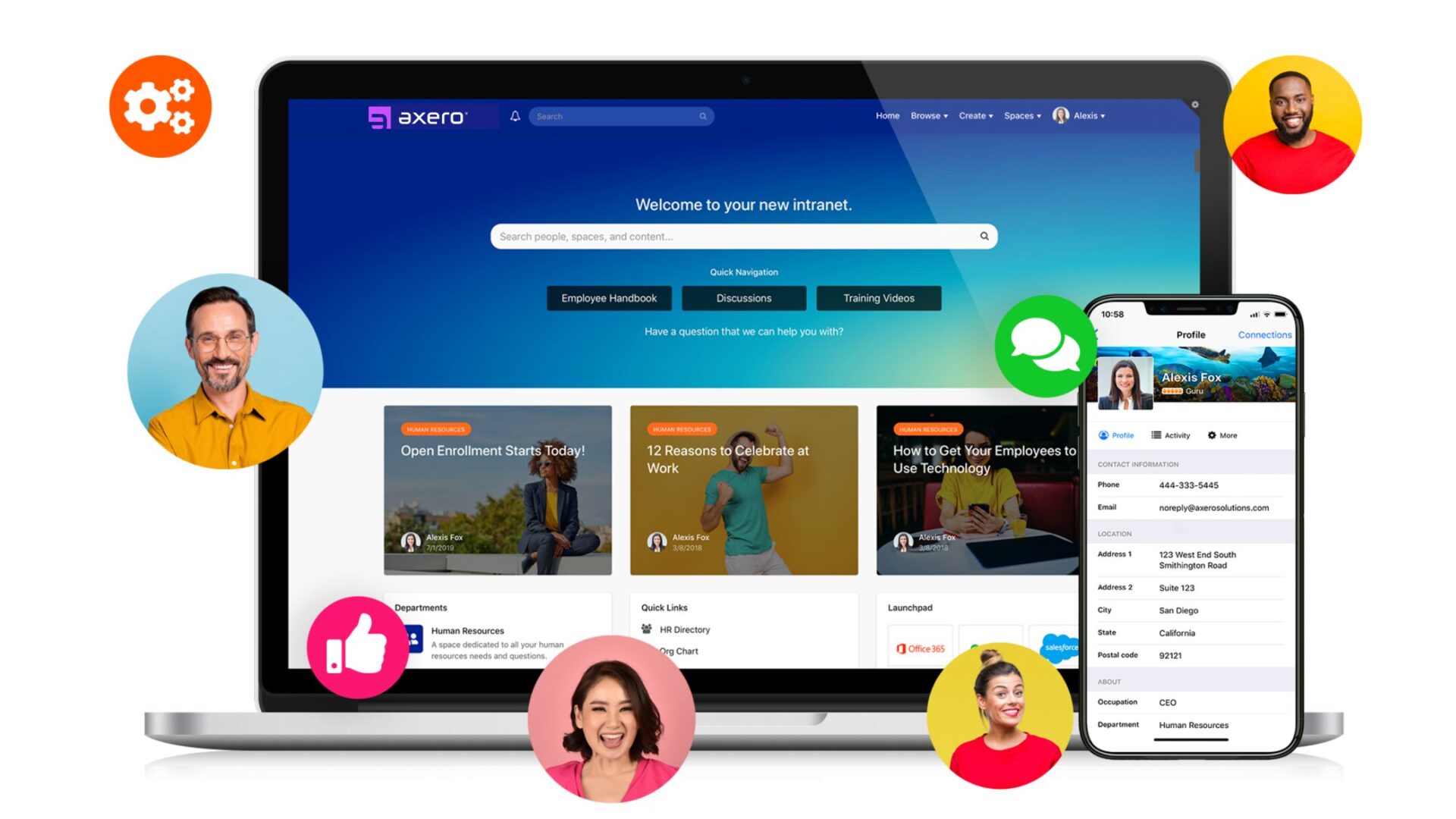
Being digital natives, they’re not just familiar with technology – they expect it. Gen Z are on the lookout for employers who are tech-savvy and innovative. Remember floppy disks? Well, they don’t. For them, it’s all about cloud storage and AI-driven solutions. This influx of young workers can cause friction with other generations, like baby boomers, who might not be so naturally tech-literate. The trick is to have a progressive culture where employees embrace technology and ensure that everyone can access training if needed!
Intranets serve as an embodiment of this technological evolution that Gen Z is keenly attuned to. These centralized digital platforms not only streamline communication and collaboration within organizations but also integrate seamlessly with the modern tools and software that Gen Z is accustomed to. Modern intranets, like Axero, can create a culture of innovation, enabling real-time sharing of ideas, facilitating team projects, and offering a hub of resources—all in one accessible space.
The integration of intranets into the workplace aligns with Gen Z’s expectation for seamless, interconnected technological ecosystems. For them, the boundary between work and technology is almost non-existent. They anticipate a workplace where digital tools, like intranets, are leveraged to enhance productivity, promote collaboration, and drive innovation. Companies that recognize and adapt to this shift are better positioned to motivate Gen Z and attract younger workers, offering them the tech-integrated environment they seek.
4. Professional Development
Gen Z is enthusiastic about learning. They seek roles that provide opportunities for growth and continuous learning. A 2022 study by Workplace Intelligence and Amazon revealed that 74% of Gen Z and millennial employees consider leaving their jobs within the next year due to a lack of skills development opportunities.
Contrary to the widespread belief that Gen Z is prone to frequent job changes, Generation Z is notably driven by the prospect of job security. Having grown up in a time marked by economic instability and swift technological changes, they place a premium on stability, often more than one might initially think.
For Generation Z, sticking with a company isn’t just about security; it’s an opportunity to work on diverse projects, step into leadership positions, and gain experience that shapes their career paths. In this context, job security doesn’t equate to career laziness but instead acts as a springboard for growth and financial security.
To inspire and retain Gen Z talent, companies should invest in mentorship and training programs. These initiatives present a systematic route for enhancing skills and climbing the career ladder. Especially, mentorship resonates with Gen Zers aspiration for both guidance and a sense of community at work. Having seasoned mentors and actively listening deepens the importance of ongoing learning and assistance, creating a nurturing environment where Gen Z employees can thrive.
5. Inclusive and diverse environments
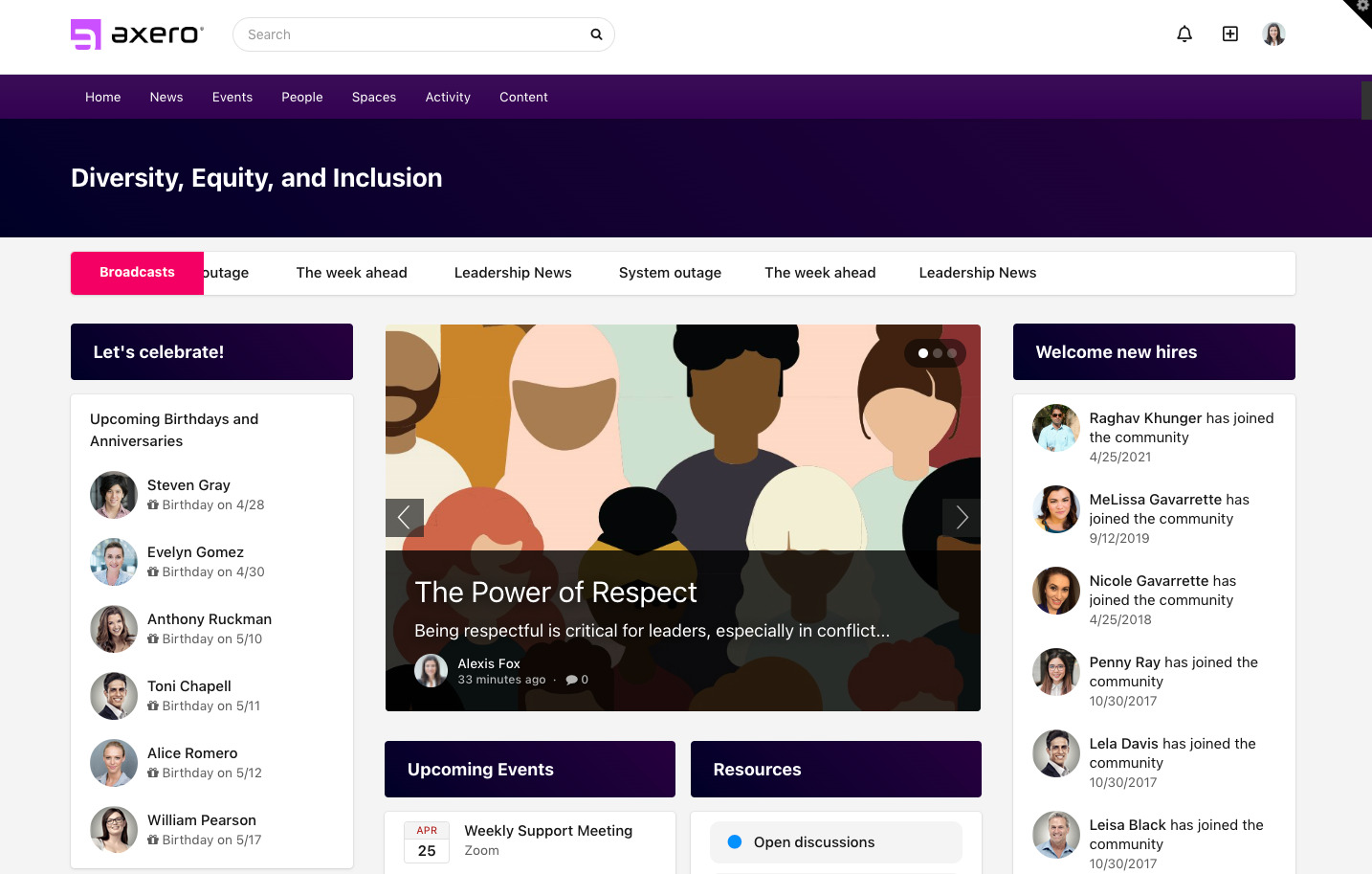
Data from the National Society of High School Scholars (NSHSS) indicates that personal experiences with inequality and discrimination have influenced the career paths of 1 in 5 Gen Z.
To this generation, diversity in the workplace isn’t just an added benefit—it’s a fundamental expectation. Generation Z is particularly drawn to employers who champion inclusivity and whose core values echo their own personal beliefs.
In an era where companies are increasingly expected to take stances on social and political issues, Gen Z seeks out those who demonstrate a genuine commitment to diversity and equity. This isn’t about ticking boxes; it’s about creating environments where employees feel genuinely recognized and valued.
However, the relationship is reciprocal. When companies firmly stand against social injustices and advocate for inclusivity, they don’t just attract Gen Z. They ignite a passion within them, transforming workplaces from mere employment hubs to platforms for positive change, channeled through your Gen Z employees.
6. Mental health awareness
Many studies have shown that Gen Z demonstrated a higher awareness and openness about mental health issues compared to previous generations. In fact, 70% of Gen Zers in the United States say their mental health needs the most attention or improvement right now, according to Ogilvy’s 2022 Gen Z and Mental Health in the U.S.
Many Gen Z employees prioritize work-life balance, which is intrinsically linked to mental well-being. As mentioned earlier, Gen Z workers value flexibility, such as the possibility of remote work or flexible hours, to ensure they can maintain a healthy balance between their professional and personal lives.
7. High, competitive salary and salary transparency
Gen Z’s professional motivations are deeply influenced by their financial aspirations and concerns. This generation places a stronger emphasis on financial rewards and career advancement than their predecessors, largely due to the looming shadow of student debt from student loans, which concerns 46% of them. This overarching emphasis the youngest generation workers have on salary and promotions is why progression and development are so attractive to Gen Z employees.
Beyond just the allure of a high salary, Generation Z values salary transparency in the workplace. This isn’t just about understanding one’s worth but also about building trust and fairness. Transparent salaries reduce wage disparities, promoting equity among employees. For Gen Z employees, competitive pay isn’t just about success; it’s a necessity for financial stability, and transparency ensures fairness in their professional paths.
8. Workplace recognition
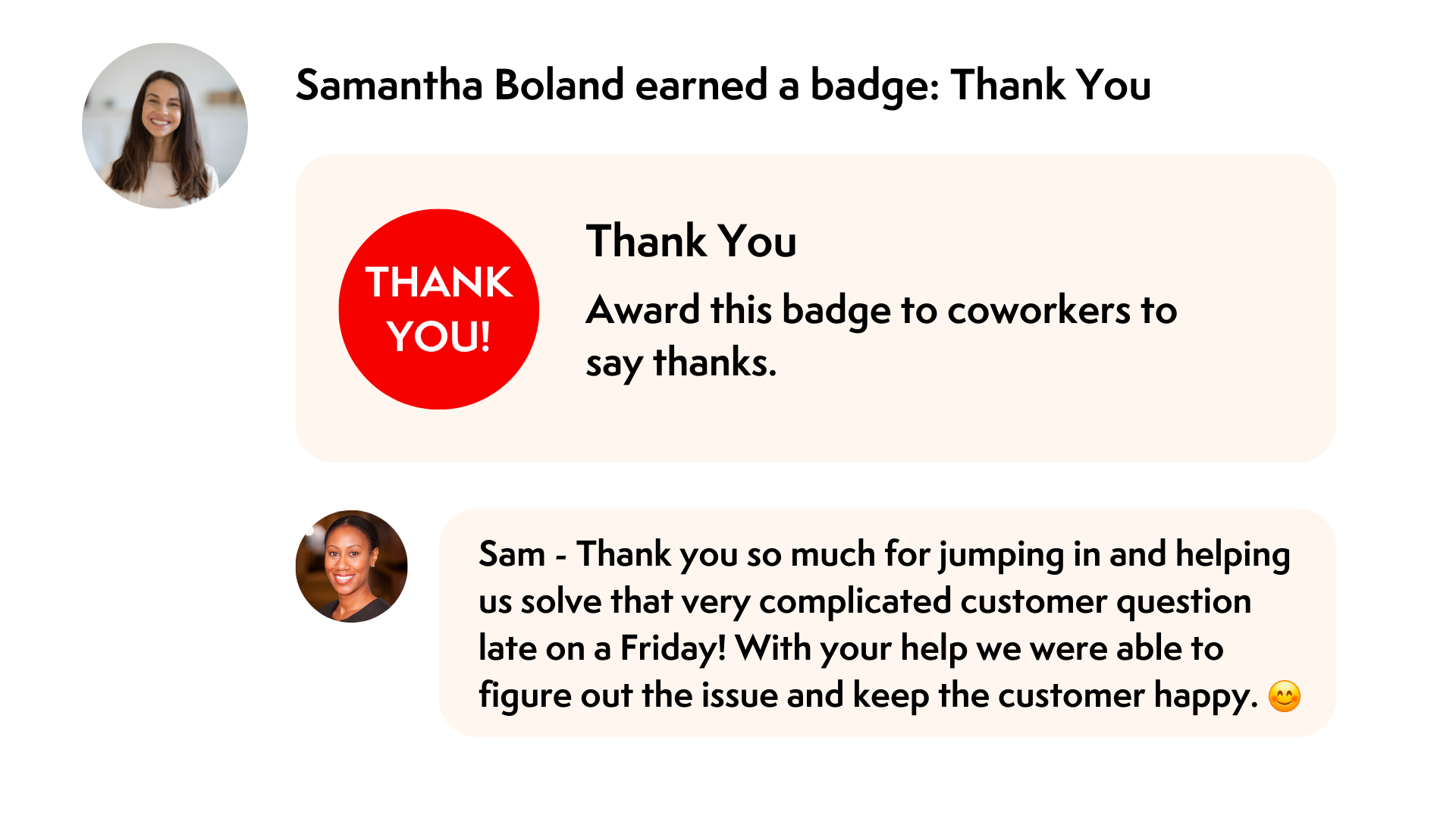
Gen Z values personalized and immediate recognition in the workplace. They thrive on genuine feedback that appreciates their unique contributions. This is because it creates a sense of belonging for them. Meaningful recognition is your key to motivating Gen Z, which, in turn, provides employee engagement and drives down turnover rates.
Gen Z in the workplace; Making work work for them
Not only are Gen Z employees reworking how we work, but the future of work also depends on them. They come with a new set of values, aspirations, and expectations. Understanding and adapting to these shifts is crucial for employers and businesses to thrive. It’s not just about hiring; it’s about creating an environment where Generation Z can flourish.
Gen Z workers, along with insights from older generations, bring a mix of fresh ideas and experiences. As each generation shares its knowledge, everyone benefits, making the workplace a lively space of change and growth.
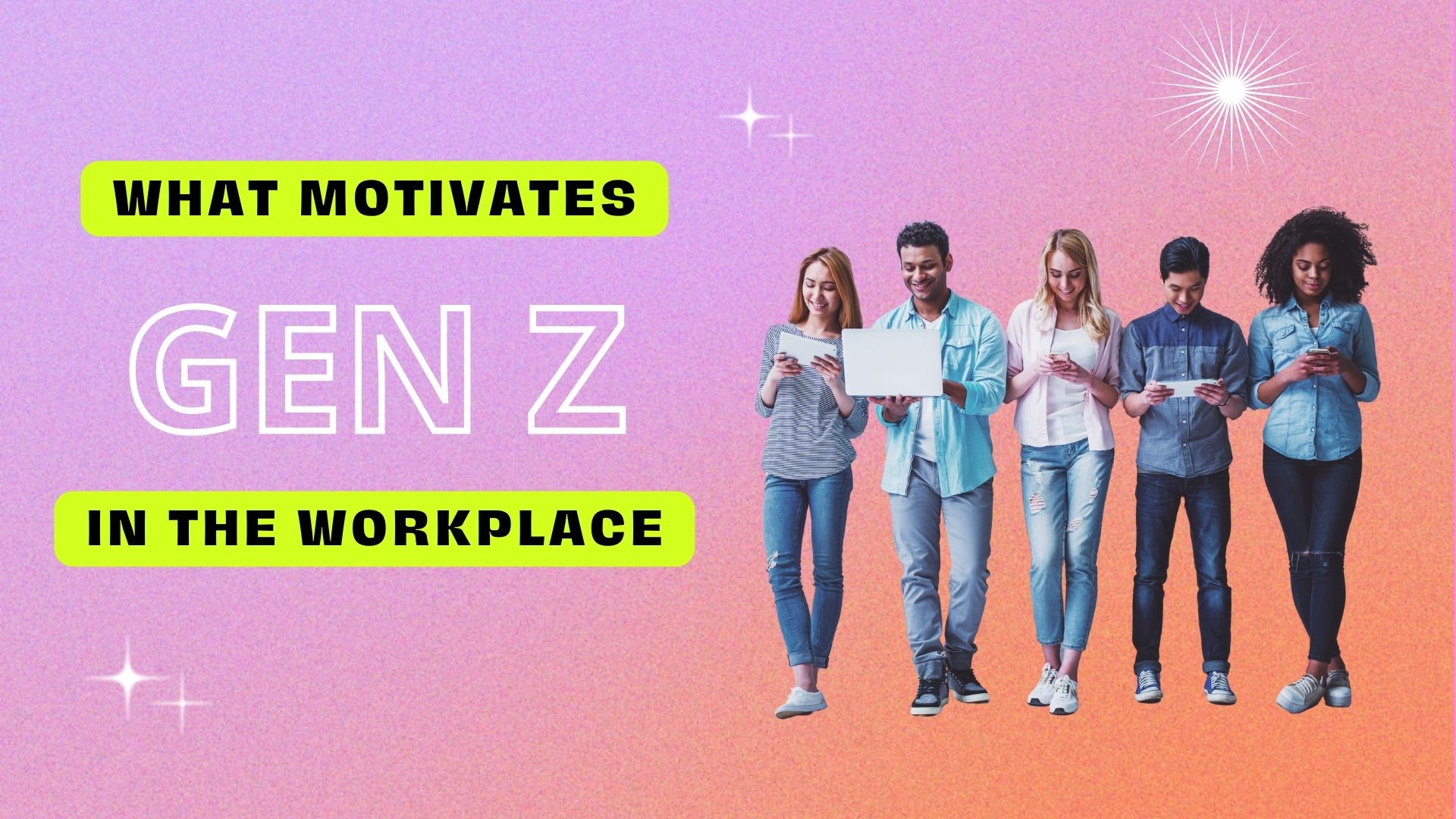


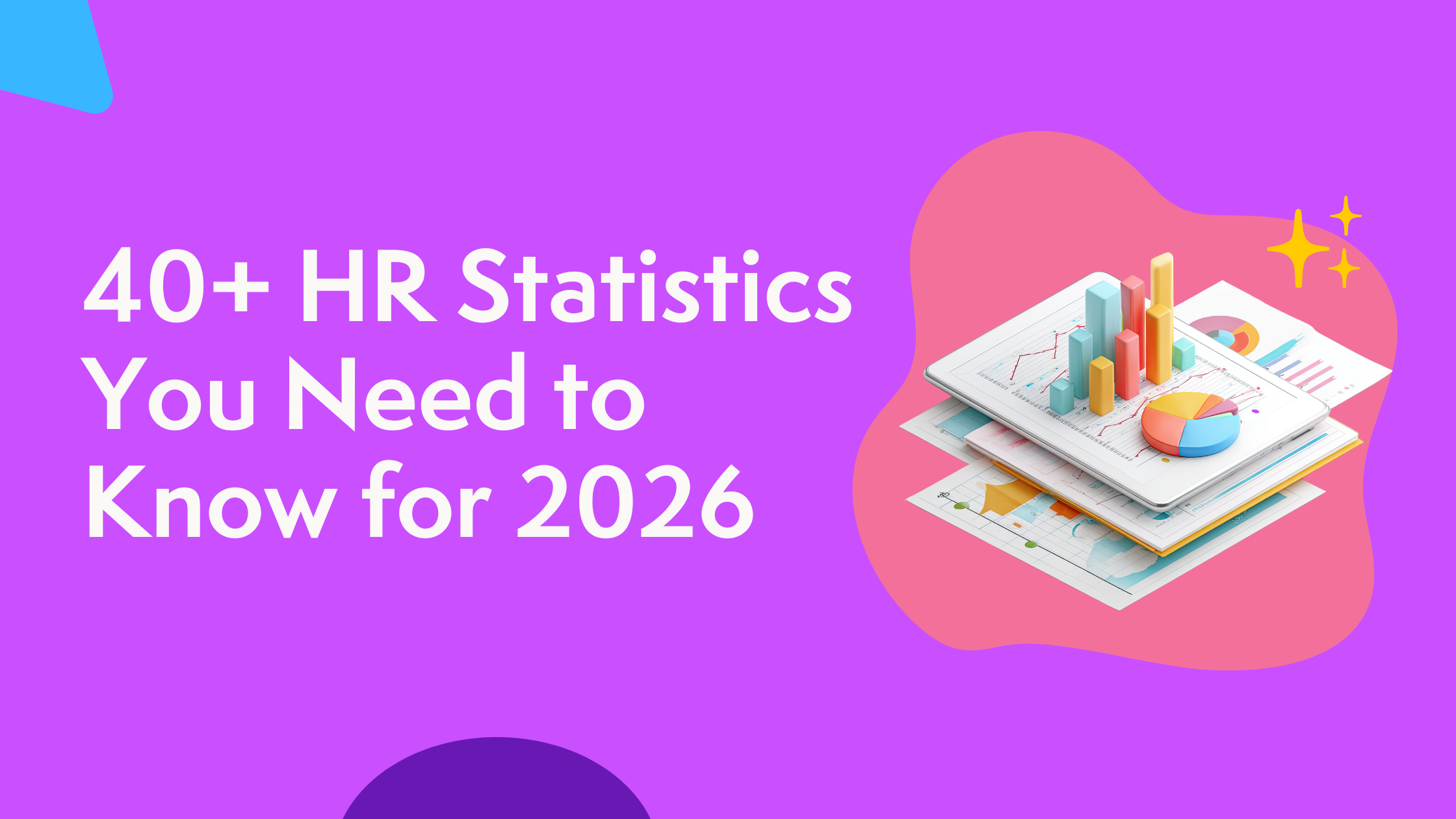

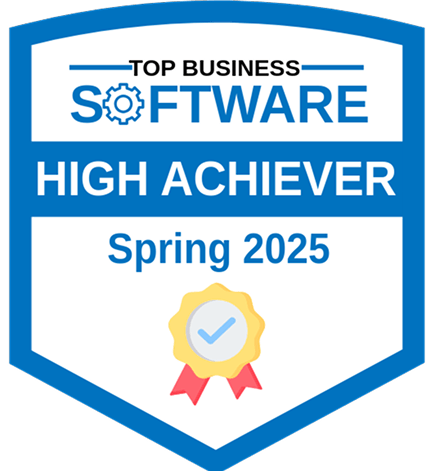

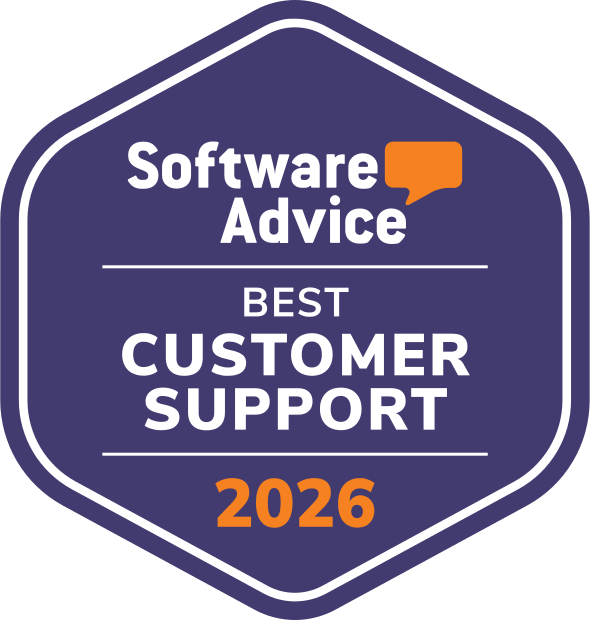

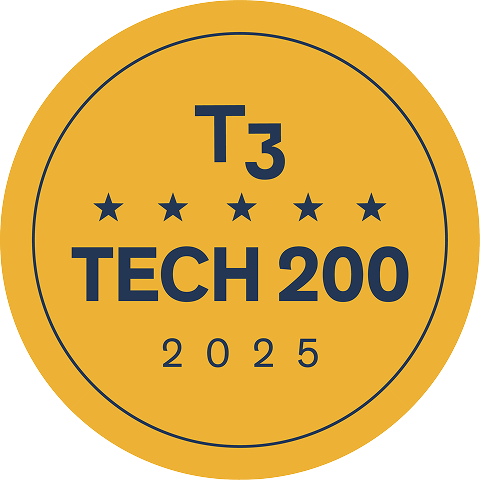


 info@axerosolutions.com
info@axerosolutions.com 1-855-AXERO-55
1-855-AXERO-55


